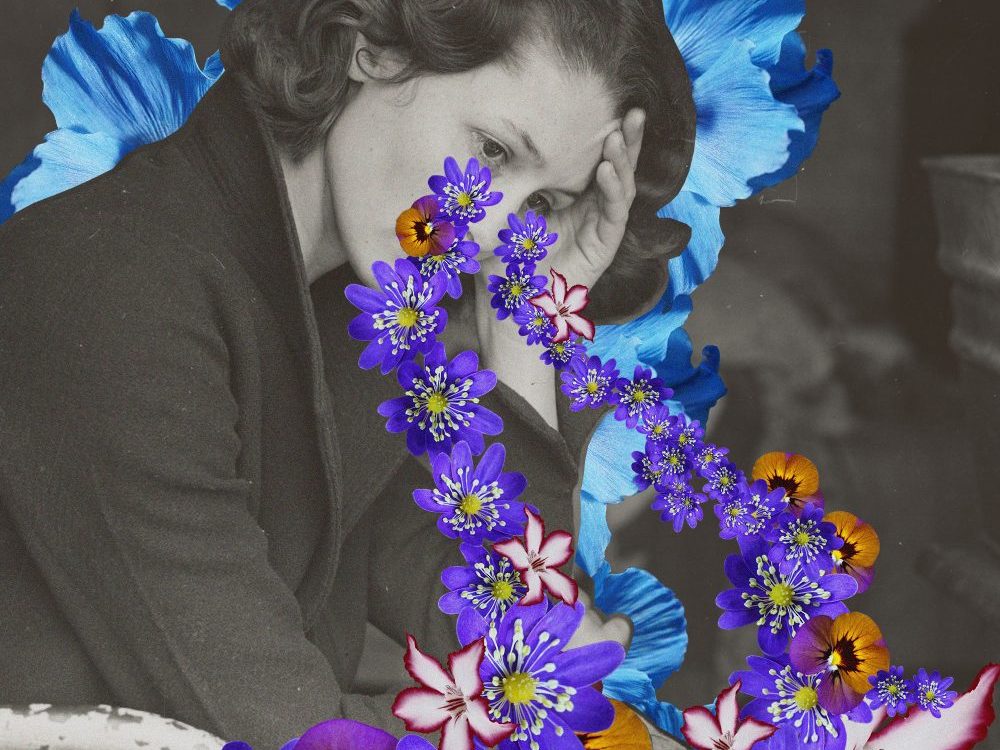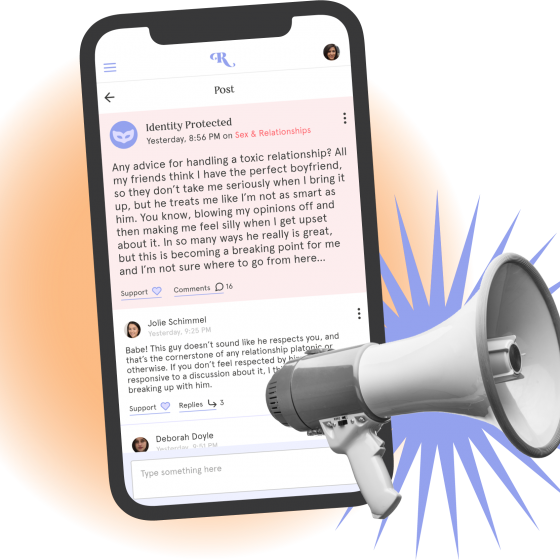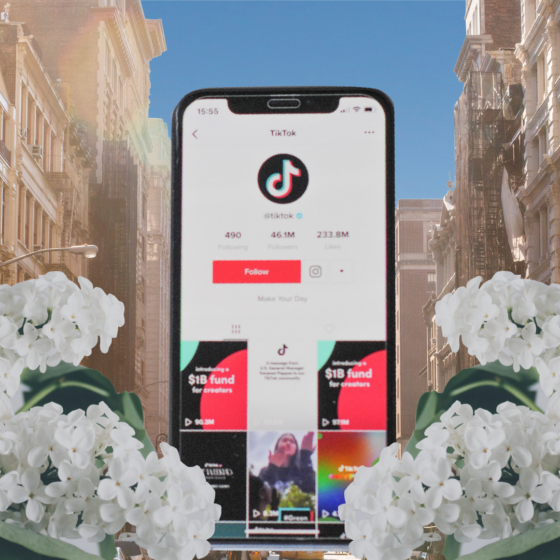When lockdown began and social distancing was enforced by law, it appeared that even the most emotionally repressed of us craved some kind of tactile intimacy. From those who couldn’t wait to hug their granny to the fuck boys who simply needed to get you in their bed ‘when all this is over’, there’s no denying that forbidden contact was craved by everyone.
Getting on a bus or train became a dystopian reality. As people shuffled away, kept their hands tightly pressed into their pockets and eyes to the ground just one thought crossed my mind,
About fucking time.
Gone are the days where a stranger walking too close and grazing your thigh with their fingers is a case of revolting inappropriateness Vs an accidental error or simply ‘being friendly’ (as if)… but a genuine public health concern.
In a pre-pandemic world, I would simply move away silently, desperate not to do something which could cause a scene or, god forbid, embarrass a man. Women are disproportionately conditioned from a young age to be polite and avoid confrontation at all costs. This learnt role of ‘peacekeeper’ is problematic at best and dangerous for women at worst as the fear of ‘looking frosty’ can prevent us from calling out situations which make us feel uncomfortable. A recent survey revealed that 51% of women (compared to just 17% of men) will experience unwelcome touching in their lifetime.
A recent survey revealed that 51% of women (compared to just 17% of men) will experience unwelcome touching in their lifetime.
Maybe you’re ‘complimenting’ her, maybe you’re a misogynist.
Unwelcome attention and sexual comments are more prevalent in hospitality than any other. Where men appear to regularly confuse the concept of paying for food and drinks, with paying for a free pass to touch and harass the women serving them.
Haley, 21, works on the bar at her local pub and is no stranger to harassment whilst she is on the job. ‘One night when the pub was very busy, I had my back turned and someone shoved their hand up my skirt and physically touched me. I didn’t know who it was. I bawled my eyes out for hours.’ It is especially difficult, she explains, as we are taught that the customer is always right.
It’s no revelation that the well-rehearsed ‘the customer is always right’ routine is highly problematic. As service staff of all genders regularly complain that putting on a polite front in the face of bad-mannered customers is exhausting and demoralising. However, when this motto is applied in response sexual assault or harassment in the workplace it creates a victim-blaming culture which objectifies women, blurring the lines between your job to provide a service and the autonomy you have over your own body.
Blurring the lines between your job to provide a service and the autonomy you have over your own body
Madi, now 17, has worked as a waitress in Lancaster for 3 years and has experienced unwelcome touching so often that it has become a normal part of her working life. ‘As I was clearing a table, a middle-aged man slowly began to stroke the back of my leg as I was taking my plate away. Last year another man leaned over the bar and began taking pictures of my bum in front of a group of his male friends. It made me feel disgusting and objectified.’ Understandably, as an underage girl balancing her job with her GCSEs, Madi has always struggled to call this behaviour out. ‘The men I was serving were over double my age and commanded so much more authority than I did, I didn’t want to make a scene or make my next shift awkward. I hate that they get away with it.’
However, the reopening of pubs with social distancing measures in place has provided some relief for waitresses like Madi. ‘I feel much more relaxed heading into work’ she explains ‘I have found that social distancing prevents these men from getting so close like they used to. I feel much more comfortable.’
As a woman who has also worked in the service industry from a very young age, I have been no stranger to regular invasions of personal space. From customers simply reaching out and grabbing my arm and getting inappropriately close to the more extreme comment that I should ‘unzip my trousers and hide this £20 tip in my underwear’ I have always struggled in the past to call these incidents out in fear that I had misinterpreted ‘jokes’, despite feeling violated. Frankly, I have returned to my bar job post-lockdown with a completely new lease of confidence, ignited by distancing measures, which I have used to call out the invasions of personal space which persist, despite social distancing.
This total cultural shift in the way we view personal space has been welcomed by many women
This total cultural shift in the way we view personal space has been welcomed by many women in the industry for obvious reasons. However, it does beg the question as to why a global pandemic was needed for men to respect women’s boundaries and for invasions of personal space to finally be called out.
Unfortunately, social distancing can only protect women in the industry to a certain level. Unwarranted comments can be equally belittling and continue to persist despite the changes coronavirus has sparked in the industry.
‘Whilst I was at work a man in his fifties shouted at me whilst I was carrying food “you can tell she’s not a virgin!” Ellie May, a 21-year-old waitress from the Peak District tells Restless Network. ‘I felt so violated but also angry that I didn’t feel as though I could respond. The group of men laughing and pointing at me throughout my entire shift.’
Annabelle, 23 reflects on her waitressing job in Edinburgh, ‘it was my job to be nice and polite to customers who would often get offended or aggressive if I refused to give them my number. I was paid to be a waitress, customers should not have expected any more from me.’
Evie, a 20-year-old Leeds based waitress, argues that whilst the new measures help, they do not tackle the cause of these issues: predatory men. ‘Dressing to suit the weather this summer may seem much less daunting given the fact it’s illegal for men to be within 2 meters of you. Unfortunately, comments can still be heard despite the distance and can certainly send the mood of a shift south.’
I doubt I will ever return to staying silent in the face of unwanted touching or comments, I have Ms ‘Rona to thank for that. However more must be done to prevent the objectification of women in hospitality.
After all, a predator is still a predator, even when he’s undressing you with his eyes and hurling grotesque comments at you from 2m away.









